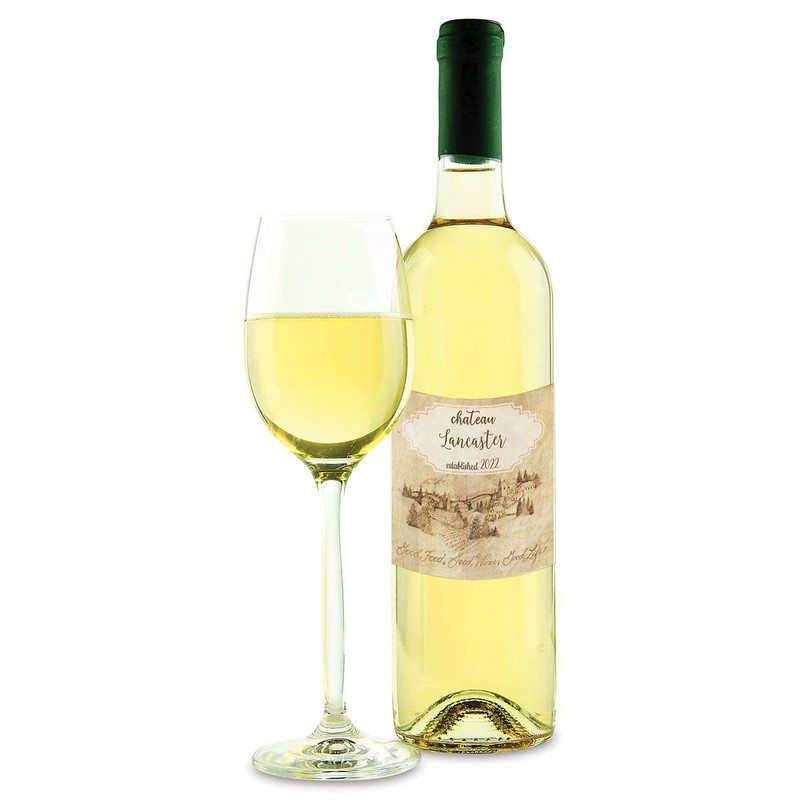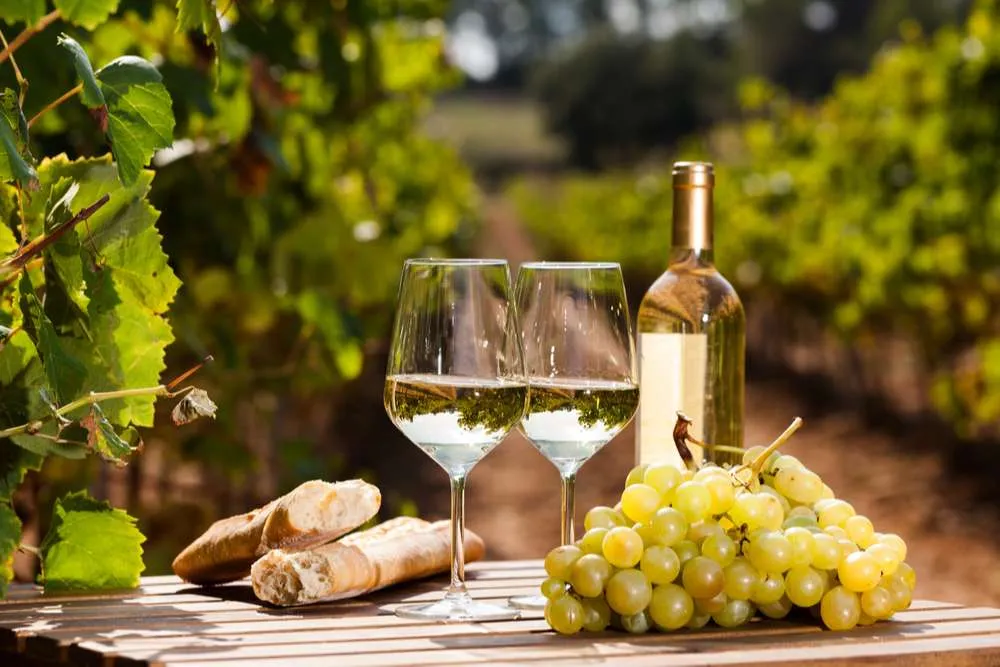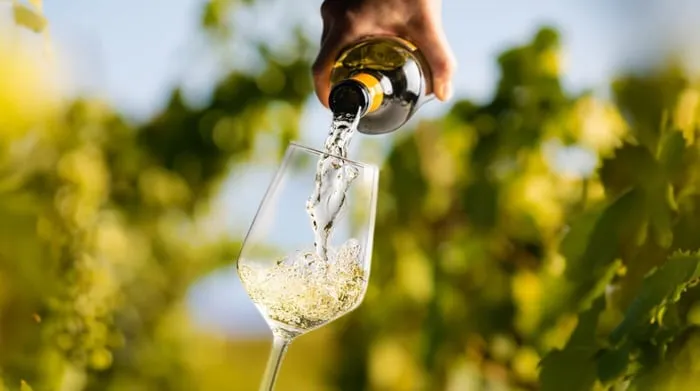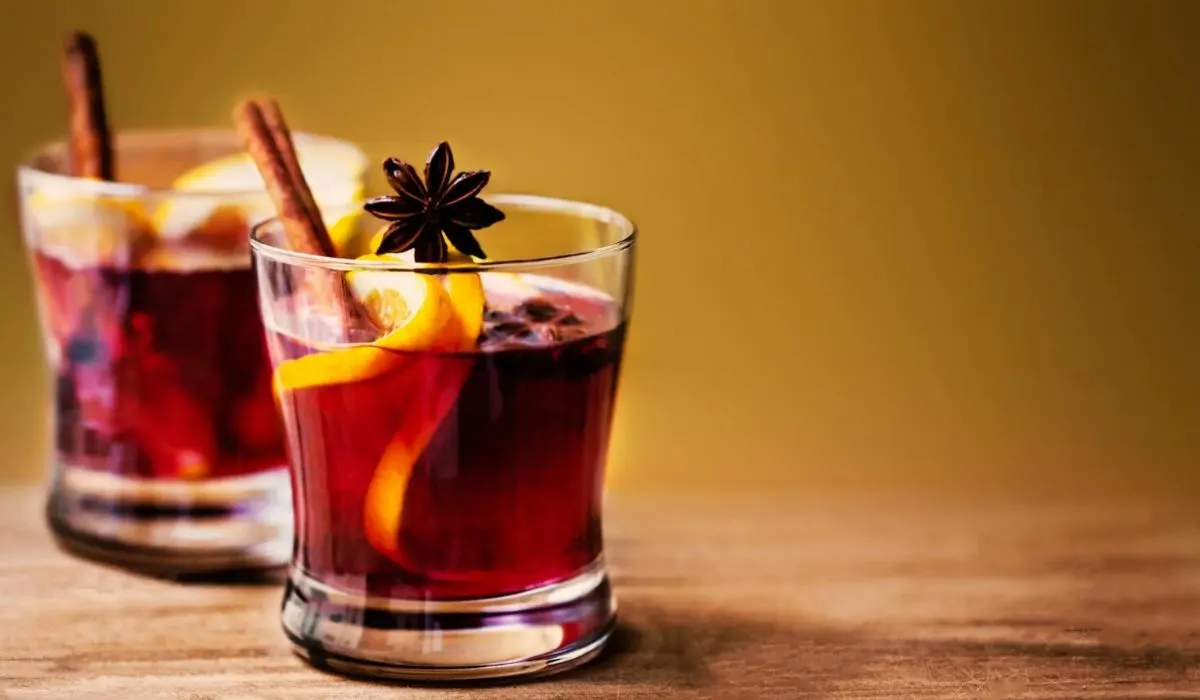Natural winemaking has picked up ubiquity among wine devotees looking for normal flavors, maintainable hones, and more beneficial wine alternatives. White wines, with their fragile smells and fresh flavors, require cautious consideration amid natural generation. Not at all like ordinary winemaking, natural strategies maintain a strategic distance from engineered chemicals, pesticides, and manufactured added substances, permitting the grape's normal character to sparkle. In this direct, we will investigate significant organic wine making tips for white wines, from vineyard administration to aging and storage.
1. Select the Right Natural Grapes
The establishment of any awesome white wine starts in the vineyard. Selecting high-quality natural grapes is vital. Pick for grape assortments that actually flourish in your locale without overwhelming intercession. For occurrence, Chardonnay, Sauvignon Blanc, and Riesling are prevalent choices for natural white wine production.
When sourcing grapes, guarantee they are certified natural, meaning no manufactured fertilizers, herbicides, or pesticides were utilized. Natural soil administration, counting composting and cover crops, advances sound vines and dynamic flavors. Furthermore, hand-harvesting is favored as it decreases grape harm and jam the fragile juice basic for quality white wines.
Key Takeaways:
- Use certified natural grape varieties.
- Focus on territorial flexibility to decrease chemical interventions.
- Prioritize hand-harvesting for negligible grape bruising.
2. Actualize Economical Vineyard Practices
Sustainability is a foundation of natural winemaking. Natural vineyard administration centers on common soil ripeness, biodiversity, and bother control. Strategies such as intercropping, mulching, and presenting advantageous creepy crawlies offer assistance to keep up an adjusted ecosystem.
Mulching around vines makes a difference to hold soil dampness and avoid disintegration, whereas companion planting decreases bothers actually. Dodge chemical herbicides and fungicides; instep, depend on common arrangements like neem oil, sulfur, or copper-based natural sprays.
Benefits:
- Healthier grapes with less chemical residues.
- Improved terroir expression, improving the wine’s flavor profile.
- Eco-friendly homes supporting long-term vineyard sustainability.
3. Ace Common Maturation Techniques
Fermentation is the heart of winemaking. Natural white wines regularly utilize wild yeast maturation, which jam the normal characteristics of the grape. Not at all like commercial yeasts, wild yeast gives unobtrusive complexity, profundity, and interesting flavor notes.
Monitor the maturation temperature carefully, in a perfect world between 12–18°C (54–64°F) for white wines. Controlled temperatures offer assistance to hold the wine’s fragrant compounds whereas anticipating undesirable microbial action. Routinely taste and analyze the aging wine to guarantee ideal progress.
Tips for Effective Fermentation:
- Avoid over the top sulfites; if required, utilize negligible organic-approved amounts.
- Stir the remains tenderly to upgrade body and flavor.
- Keep vessels clean with normal sanitizers like citric corrosive or steam.
4. Emphasize Negligible Intervention
Organic white wines flourish on negligible intercession. Constrain chemical added substances, fining operators, or intemperate filtration, which can strip flavors. Instep, permit the wine to create naturally.
Natural clarification strategies incorporate cold stabilization or utilizing bentonite clay sparingly. Natural winemakers frequently energize biodynamic homes, such as adjusting winemaking errands with lunar cycles, to upgrade concordance and structure in the wine.
Key Practices:
- Minimize sulfite utilization whilst keeping up wine stability.
- Use delicate filtration or maintain a strategic distance from it when possible.
- Respect characteristic wine advancement amid aging.
Read Also:- Award-Winning Winemakers in California
5. Center on Maturing and Storage
Proper maturing is pivotal for upgrading the flavor and smell of natural white wines. Stainless steel tanks are perfect for protecting freshness, whereas impartial oak barrels can include complexity without overwhelming characteristic natural product notes. Maintain a strategic distance from intensely toasted barrels, which may present flavors conflicting with natural wine principles.
Maintain capacity conditions at 12–15°C (54–59°F) with reliable mugginess. Restrain presentation to light and oxygen to avoid oxidation. Natural white wines are frequently best expended inside 1–3 a long time of generation to appreciate their dynamic, fragrant profile fully.
Tips for Ideal Aging:
- Use dormant holders to keep up purity.
- Monitor oxygen levels to avoid spoilage.
- Store bottles evenly to keep plugs moist.
6. Bottling and Labeling

Bottling ought to be conducted carefully to keep up wine quality. Guarantee all hardware is sanitized utilizing organic-approved strategies. Dodge manufactured additives; depend on common stabilization procedures and negligible sulfites if required.
Label your wine precisely, highlighting natural certification and grape root. Straightforwardness in labeling not as it were builds shoppers believe but too emphasizes the feasible and eco-friendly nature of your wine.
7. Extra Tips for Consistency
Organic winemaking can be challenging due to inconstancy in grapes, climate, and common maturation. To guarantee steady results:
- Maintain nitty gritty records of vineyard homes, gather dates, and maturation conditions.
- Conduct little bunch trials some time recently large-scale production.
- Taste wines habitually amid generation to capture any deviations early.
- Network with other natural winemakers to trade tips and best practices.
Read More:- Famous Winemakers in the World 2025
Conclusion
Creating high-quality natural white wines requires devotion, persistence, and regard for normal forms. By carefully selecting natural grapes, executing maintainable vineyard homes, facing characteristic aging, and emphasizing negligible intercession, winemakers can create wines with special flavor profiles, dynamic smells, and prevalent wellbeing benefits.
Whether you are a proficient winemaker or an energetic specialist, these organic wine making tips for white wines offer down to earth directions to create wines that are not as tasty but too eco-friendly and sustainable.
Embrace natural winemaking and let nature direct your other white wine showstopper.
















